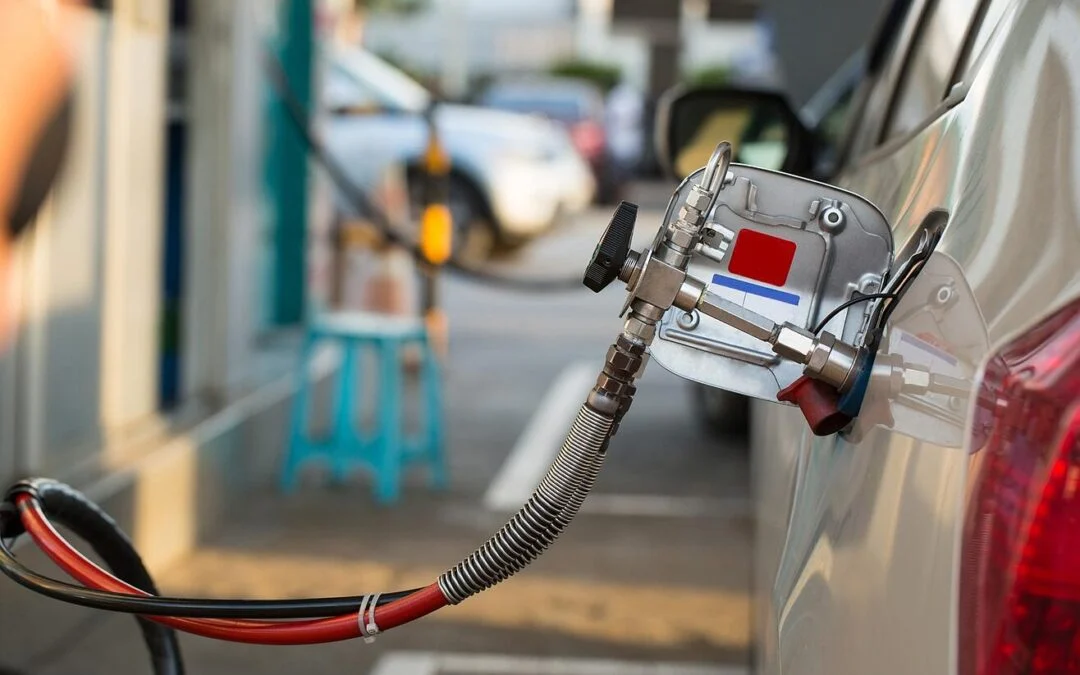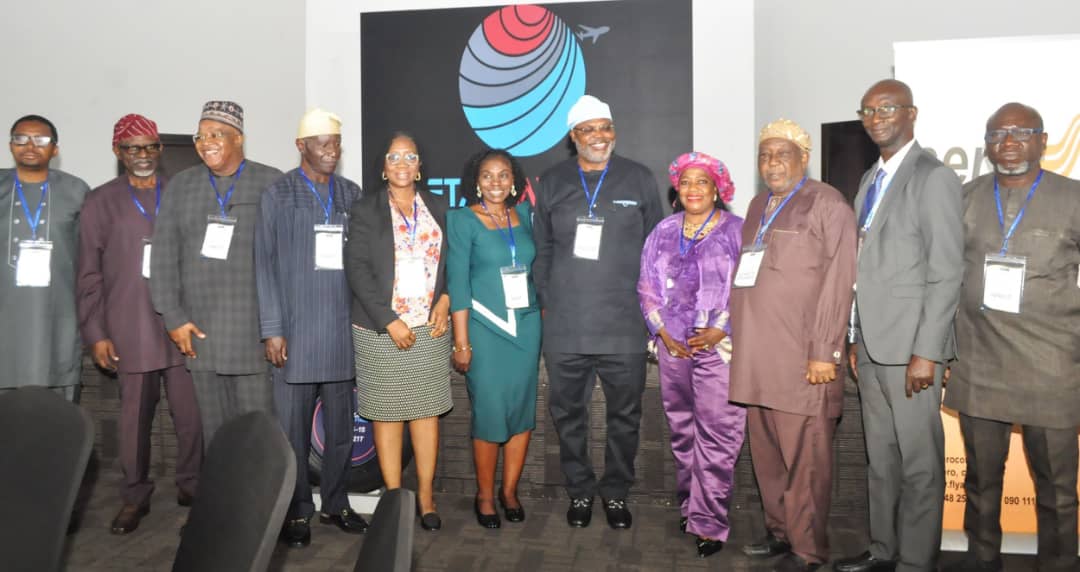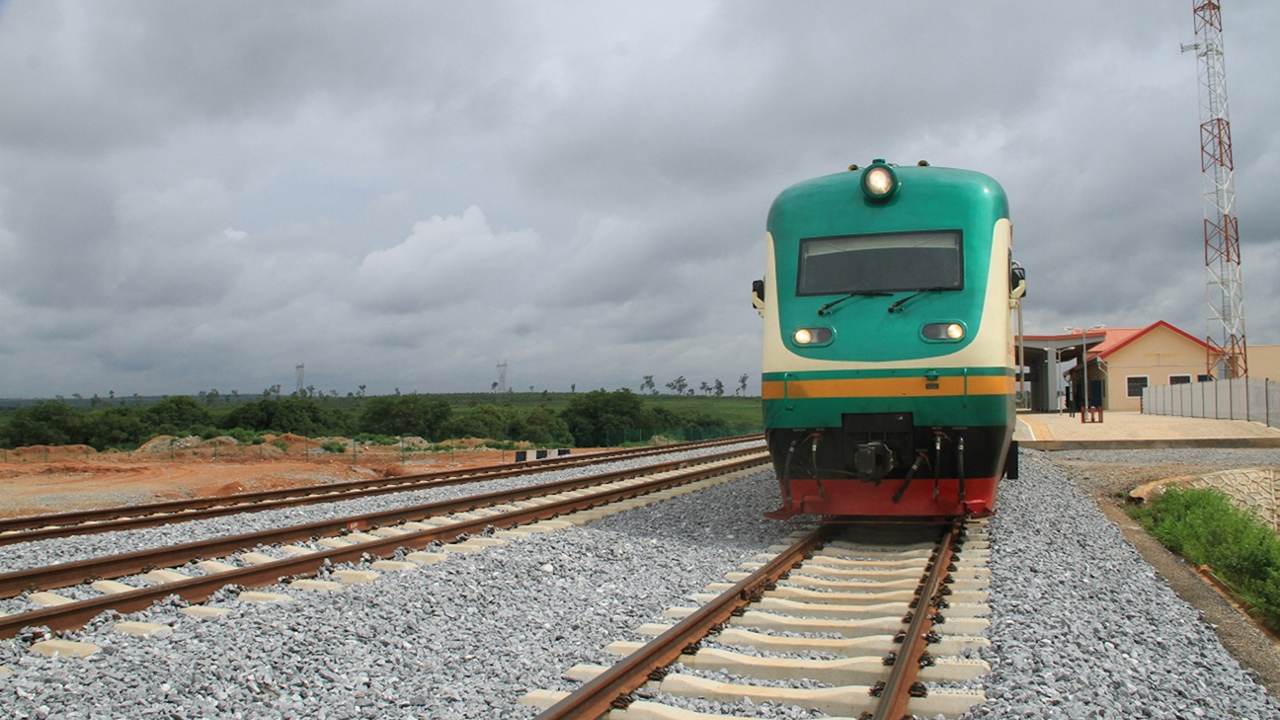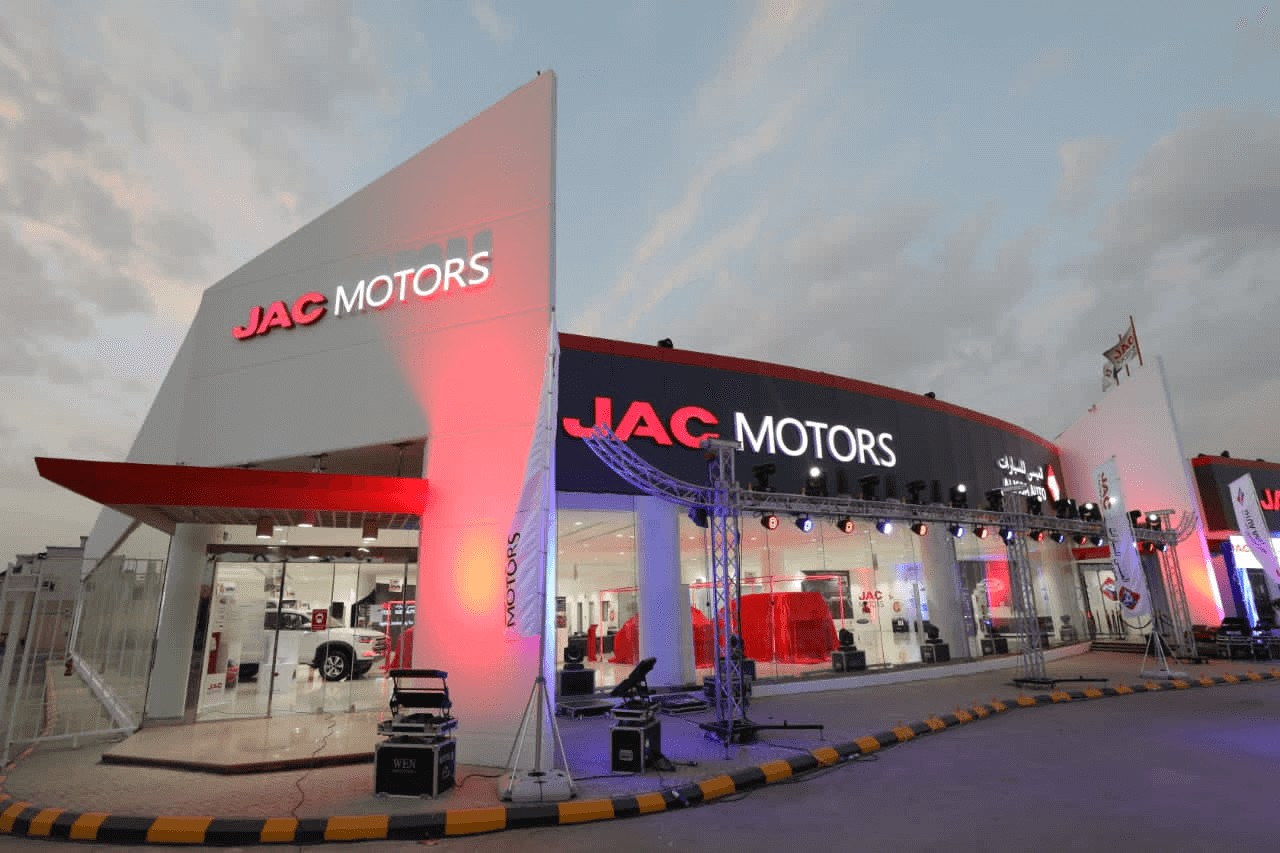A year after the Federal Government (FG) renewed the drive for compressed natural gas (CNG)-powered vehicles, many drivers are still struggling to refuel.
Petrol stations are scattered all over the country and across inter-state boundaries. But the majority do not dispense CNG. The stations are sparsely distributed across states, with many states still not in huge deficit.
In 2024, the FG initiated a CNG programme to promote cleaner and more affordable transportation. The programme includes the distribution of CNG conversion kits for vehicles, deployment of CNG buses and distribution of CNG tricycles to cooperatives.
The FG said the initiative was part of efforts to cushion the impact of fuel subsidy removal and promote a shift towards cleaner energy alternatives.
Over 12 conversion centres are available in the Federal Capital Territory (FCT). The plan is to convert three million vehicles in three years, as well as create numerous jobs.
While there is no precise, official count of CNG vehicles in Nigeria, recent reports indicate a significant increase, with estimates ranging from 50,000 to 100,000 converted vehicles in the past year. But filling stations willing to dispense CNG are not catching up with the growth in conversion.
NIPCO’s stations are among the first to be opened for commercial operations in Lagos state. There are fewer CNG filling stations in the state. Available ones are on Lateef Jakande Road, Agidingbi, Mushin, Mobile Road, Apapa, Lekki-Epe Expressway and the Dana Motors Kia Plaza in Isolo.
The concept of using CNG as an automotive fuel in Nigeria was first proposed in 1997 as part of initiatives to promote domestic natural gas use. While the idea was floated then, significant implementation was slow until the last two years.
At the scarce filling station, a CNG bus driver, Elijah Apeh, said: “Gas is far cheaper, I fill my 14kg tank with N4,000. Because of the distance covered and the number of trips in GRA, Ikeja, I refill once every three days.
“I only know three places where one can refill – Mangoro, Mushin and Agindigbin. So, there is a need for more. There is a need for more refilling stations in Lagos to meet the need.”
Others who spoke with The Guardian expressed admiration for CNG but called for more refuelling stations across the country.
Partner, Energy Group at Bloomfield Law, Dr Ayodele Oni, said: “The limited number of CNG filling stations is a significant challenge. The infrastructure gap can deter potential adopters due to the inconvenience it poses.
“For those who have switched, the lack of accessible refuelling options is a legitimate frustration. It may discourage others from making the transition unless they are confident about the availability of the product across their travel routes.
“My advice for critics and potential adopters is, CNG is cost-effective and environmentally friendlier than other fossil fuels. It is crucial to weigh these long-term benefits against the short-term inconvenience of limited stations.
“It is also pertinent to look into government incentives aimed at promoting CNG adoption. Awareness of these can provide a clearer picture of the ongoing efforts and future developments.
“It may also be pertinent to prioritise the expansion of CNG filling stations. This requires collaborations with the private sector to create an effective and widespread network.”






